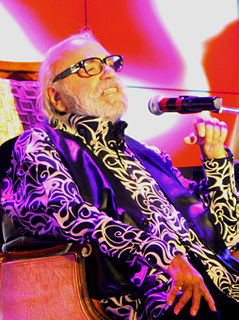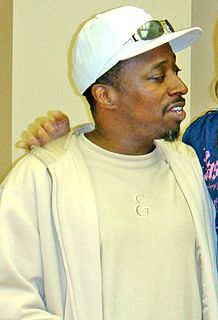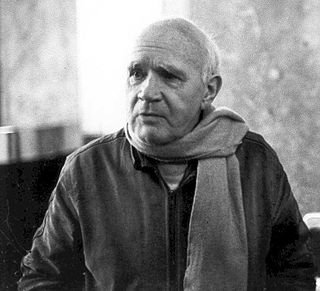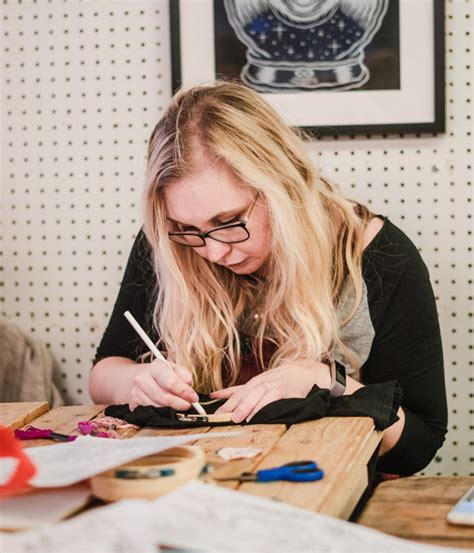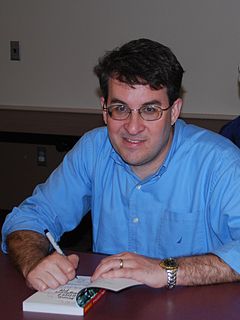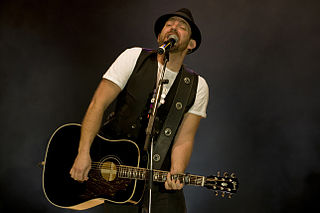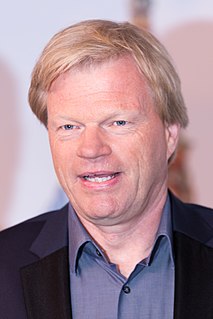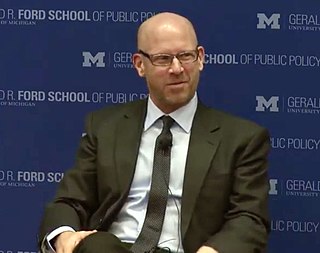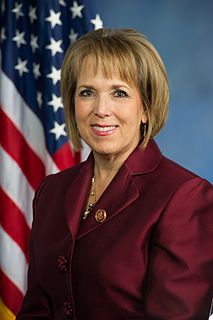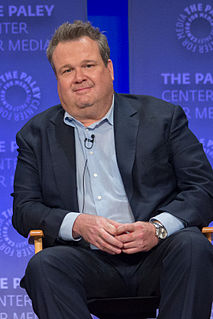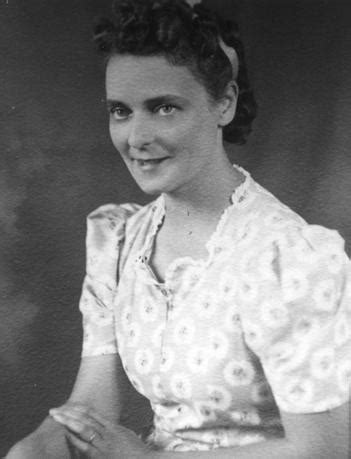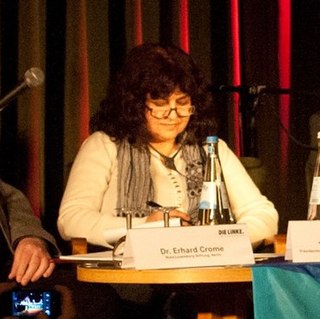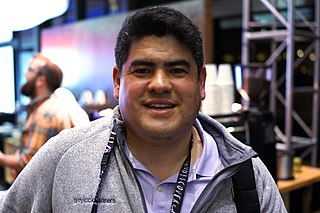Top 1200 Private Prisons Quotes & Sayings
Explore popular Private Prisons quotes.
Last updated on December 2, 2024.
Any society's insistence on how it takes democracy seriously can, in fact, be measured by the way it treats its children. And if we take that index as a measure of the United States, it's utterly failing. You have young people basically who - in schools that are increasingly modeled after prisons. You have their behavior being increasingly criminalized. And one of the most atrocious of all acts, you have the rise of debtors' prisons for children.
This is sort of the epitome of the economic elite that is converging with a political elite. It's not only the banks and insurance companies. It's the war industry and private prisons. Certainly the fossil fuel agencies. It's not only that they're supporting this campaign, they're supporters of the Clinton Foundation. And where the Clinton Foundation ends and Hillary's [Clinton] political actions begin, that too is quite troubling.
One of the reasons that so many people of color and poor people are in prison is that the deindustrialization of the economy has led to the creation of new economies and the expansion of some old ones – I have already mentioned the drug trade and the market for sexual services. At the same time, though, there are any number of communities that more than welcome prisons as a source of employment. Communities even compete with one another to be the site where new prisons will be constructed because prisons create a significant number of relatively good jobs for their residents
I think part of why schizophrenia got linked to civil rights protest in the '60s was because mainstream society was coding threats against the smooth running of the state as insanity and treating it as such, and so as that happens you see the evolution of a process in which people with schizophrenia are increasingly feared and our hospitals, particularly the kind of hospital that I look at in the book become to look more and more like prisons, to the point where many of them including the one I talk about actually become prisons.
He was a very private person, and sometimes it seemed to me that he was no longer interested in the world or in other people... I got the feeling that Julián was living in the past, locked in his memories. Julián lived within himself, for his books and inside them - a comfortable prison of his own design." "You say this as if you envied him." "There are worse prisons than words.
The war on drugs causes other supplemental crimes to take place because of the original illegality of it. But then again, that's the other reason that they're fighting it is the corporate prisons they have now. Because they've privatized all our prisons, corporations have to make money, and the only way they can make money is, I believe, the prisons have to be at least 80-90 percent full. That's why the United States - which is home of the brave, land of the free - we have more people in prison than any other country in the world.
The violence inherent in our systems and structures of power is a part of who we are - our thoughts, sensibilities, imaginations, language. We live in manifestations of it - permanent war, environmental destrucution, poverty, racism, misogyny, the assault on labor, torture in our prisons, capital punishment - a corporate capitalist state controlled by oligarchical interests for their own private profit and gain.
All men, in the abstract, are just and good; what hinders them, in the particular, is, the momentary predominance of the finite and individual over the general truth. The condition of our incarnation in a private self, seems to be, a perpetual tendency to prefer the private law, to obey the private impulse, to the exclusion of the law of the universal being.
There are no private lives. This a most important aspect of modern life. That one of the biggest transformations we have seen in human life in our society is the diminution of the sphere of the private. That we must reasonably now all regard the fact that there are no secrets and nothing is private. Everything is public.
Each pursues his private interest and only his private interest; and thereby serves the private interests of all, the general interest, without willing it or knowing it. The real point is not that each individual's pursuit of his private interest promotes the totality of private interests, the general interest. One could just as well deduce from this abstract phrase that each individual reciprocally blocks the assertion of the others' interests, so that, instead of a general affirmation, this war of all against all produces a general negation.
I've written about illegal immigrants in the United States; I spent a year following migrant farm workers as they were harvesting. I've written about our criminal justice system, and how it treats the victims of crime. I've been working for years now on a book about prisons in America, and I've been going into prisons and traveling around the country and seeing what's going on.
The prison-industrial complex employs millions of people directly and indirectly. Judges, prosecutors, defense attorneys, prison guards, construction companies that build prisons, police, probation officers, court clerks, the list goes on and on. Many predominately white rural communities have come to believe that their local economies depend on prisons for jobs.
The quickest and surest way to production, prosperity, and economic growth is through private enterprise. The best way for governments to encourage private enterprise is to establish justice, to enforce contracts, to insure domestic peace and tranquility, to protect private property, and to secure the blessings of liberty including economic liberty - which means to stop putting obstacles in the way of private enterprise.
